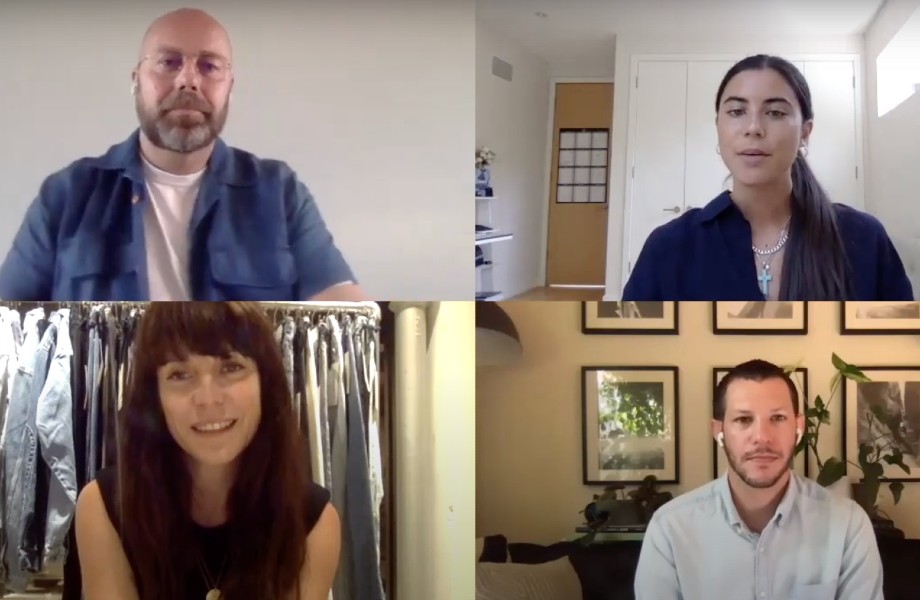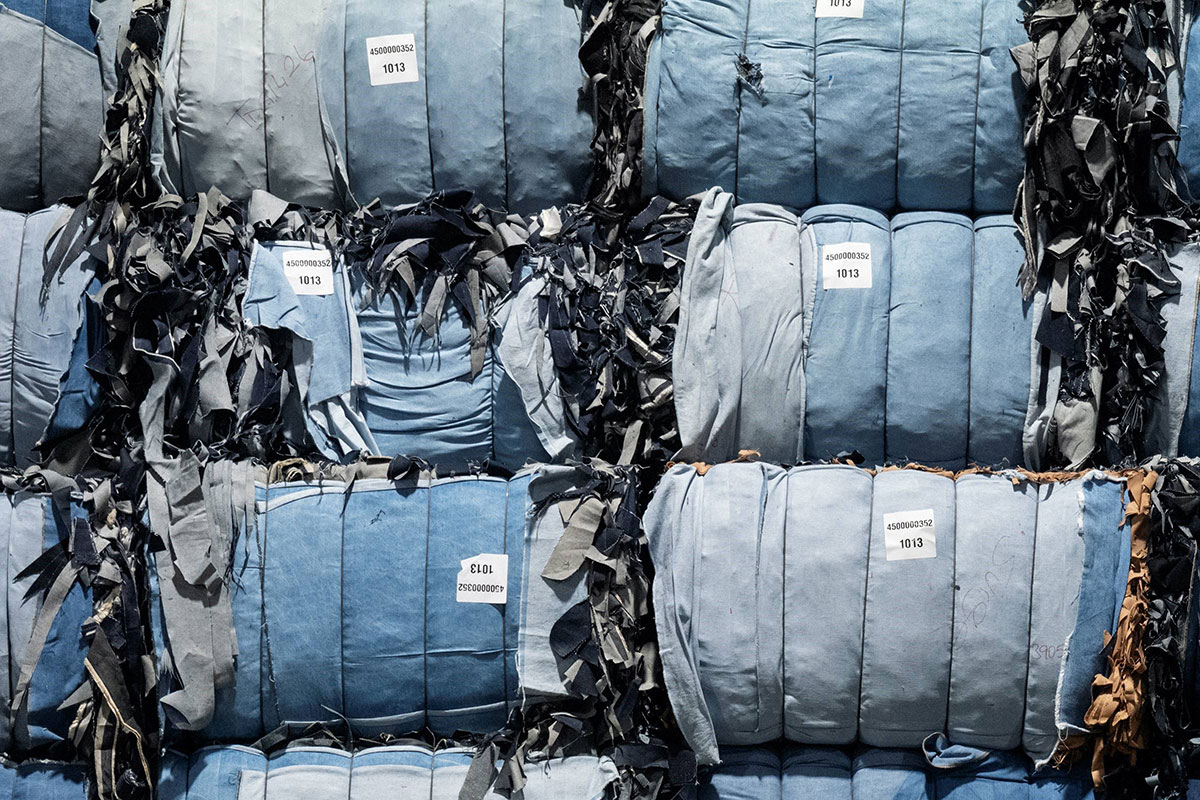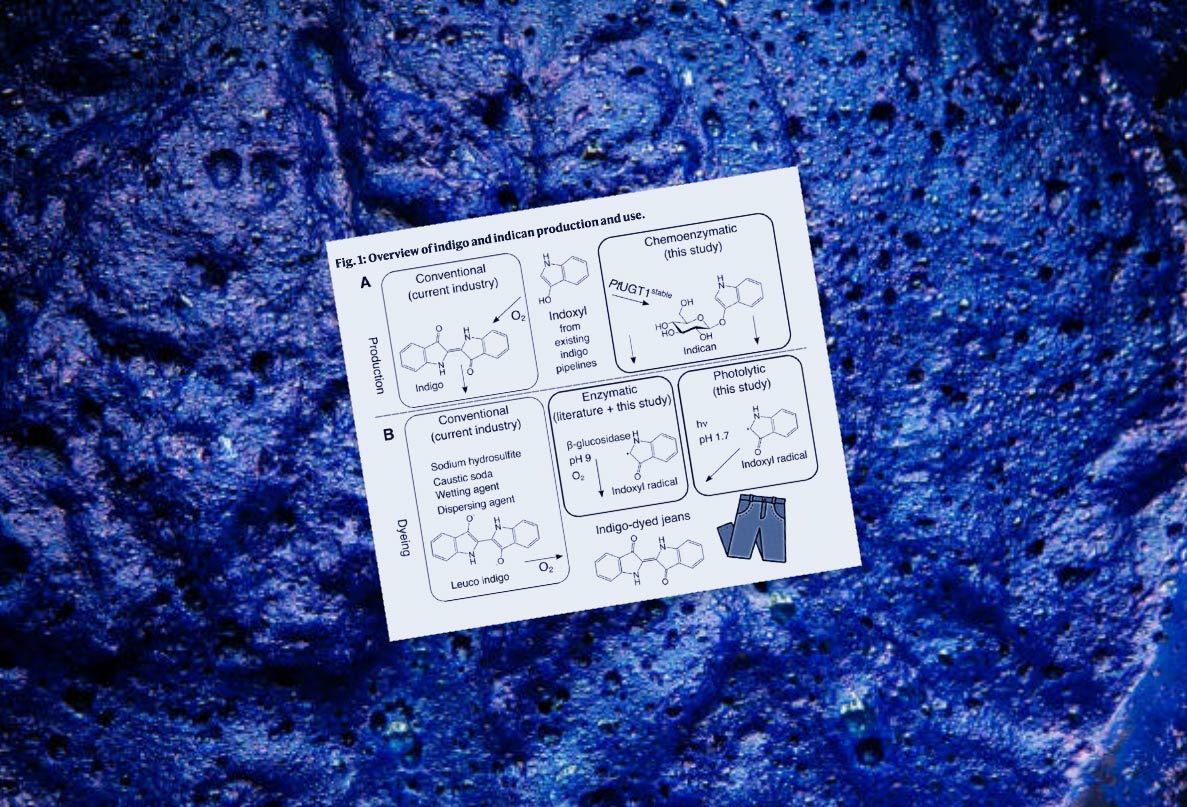Transformers Foundation to Release Denim Supply Chain Impact Study

The Transformers Foundation plans to release a research study on the impact of unethical behavior by brands and retailers on the supply chain.
The report, set for publication this fall, was announced at the foundation’s July 14 Catalysts event, held live online.
Marzia Lanfranchi, intelligence director for Transformers Foundation, said the report includes input from mills, laundries manufacturers, activists, NGO leaders and governmental organization representatives, and will offer suggested “improvements in the deals between customers and suppliers so we can build a safer future for the denim industry and workers’ livelihoods.”
Transformers was originally part of Kingpins, but this year shifted to become the Transformers Foundation, a standalone organization.
Andrew Olah, founder of Kingpins and Transformers, said the new foundation has a team of founders from across the denim supply chain, including Kingpins; Bangladesh Denim Expo; Candiani Denim, Diamond Denim; Lenzing; Prosperity Textile; Rudolf Group; Saitex; Sundown Farms; Bowles Farms; Tonello and Karl Meyer.
“We’re really interested in facts,” Olah said. “Who has the real facts? In my opinion, the real facts are owned by the supply chain, the fiber companies, the chemical companies, the denim manufacturers, the garment factories and the companies who make the machines.”
Many companies tout sustainability efforts such as using less water than traditional makers, but Olah said few offer concrete data to back up their claims.
“Green washing is a big problem because it obfuscates those that are doing a great job from those that aren’t,” he said.
Another issue Transformers Foundation plans to explore is the lack of clear standards and guidelines to follow.
“There’s too many standards in general, too many reports and too many individual organizations doing their own thing,” Olah said. “We would like to have universal standards and measurements and facts.”

The Catalysts lineup included:
Jenny Fredricsdottir, circular business manager for Stockholm-based Re:newcell, who discussed Circulose, the company’s recycled cellulose product. Made from pre- and post-consumer cellulose, Circulose can be recycled without losing quality, Fredricsdottir said. Re:newcell partnered with H&M on the first commercially produced Circulose garment this year.
Luciano Bueno, co-founder of Boston-based Galy, which has developed a process for producing lab-grown cotton using cotton stem cells. Although “not as sci-fi as it looks,” Galy is still in the startup stage, Bueno said, adding that it will take four to five years for the company to scale up to production stages.
Olah led discussion of how FiberTrace allows Good Earth Cotton — a traceable, carbon- positive, sustainable cotton produced by Australia-based Sundown Pastoral Co. — to be tracked throughout the supply chain from farm to mill to denim manufacturer. Olah was joined by Shannon Mercer, FibreTrace’s director of business development and communications; Sedef Uncu Aki, director of Turkish denim mill Orta Andolu, and John Condilis, co-founder of Melbourne-based vertical denim brand Nobody Denim. Good Earth Cotton was developed to sequester more carbon in the soil, making it carbon positive, Mercer said. Sustainability is measured with very specific data, which is third-party verified twice, he said. “We can pinpoint field by field, crop by crop the data that supports the growth of the cotton,” he said.
Jane Palmer, founder and CEO of Nature Coatings, talked about Bio Black, a sustainable pigment she developed. Palmer’s process turns wood waste into high-performing black pigment, which is a direct replacement for any process in which petroleum carbon black is used.
The Los Angeles company has mostly been working from home since the COVID-19 pandemic forced non-essential businesses to close. But Palmer said she was still able to grow her business during this time, including expanding its U.S.-based pigment manufacturing facility.
“This facility is located within a few miles of our wood waste source, so we have been able to reduce the footprint,” Palmer said. “This plant is a model for where we’d like to go in the future. We’d like to set up manufacturing sites for the pigment close to where the pigment is used. ” (You can read more about Bio Black here.)
Darren Glenister, CEO of Material Exchange, which offers digital material sourcing and development tools, spoke with Jorgen Sevild, founder Hong Kong-based Inqova Technologies, which creates ways to use technologies such as 3D, AR, VR for information sharing in the denim industry. (Kingpins recently struck a deal with Material Exchange to explore digital supply chain tools for the denim industry.)
Ani Wells with Simply Suzette, led a panel of denim brand founders, including Jordan Nodarse, of Boyish Jeans; Anna Foster, of E.L.V. Denim; and Tony Tonnaer, of Kings of Indigo, discussing their sustainability initiatives


